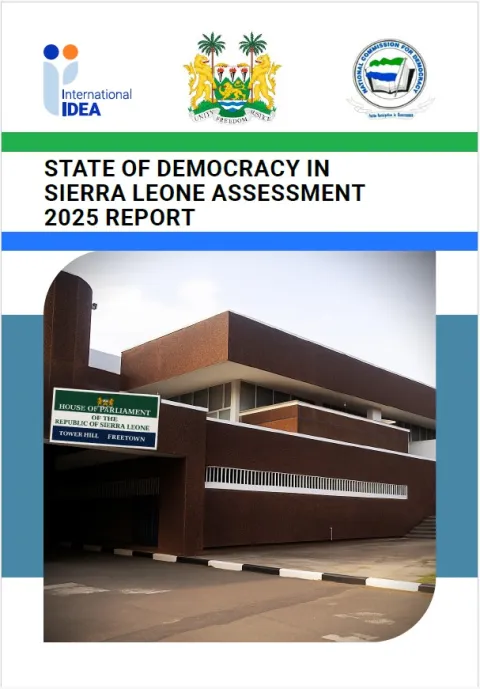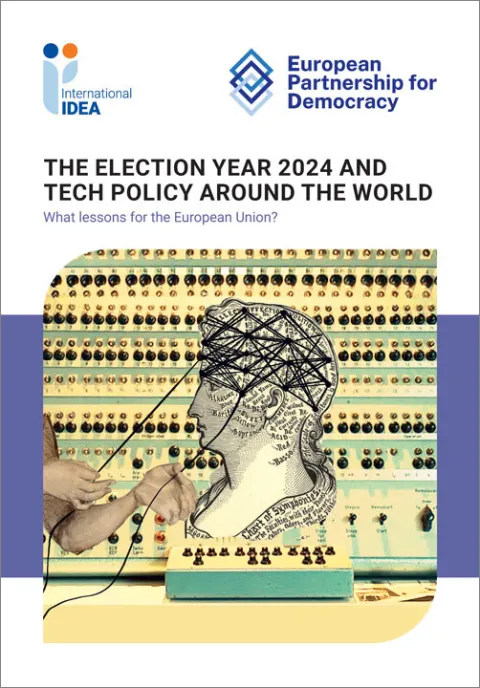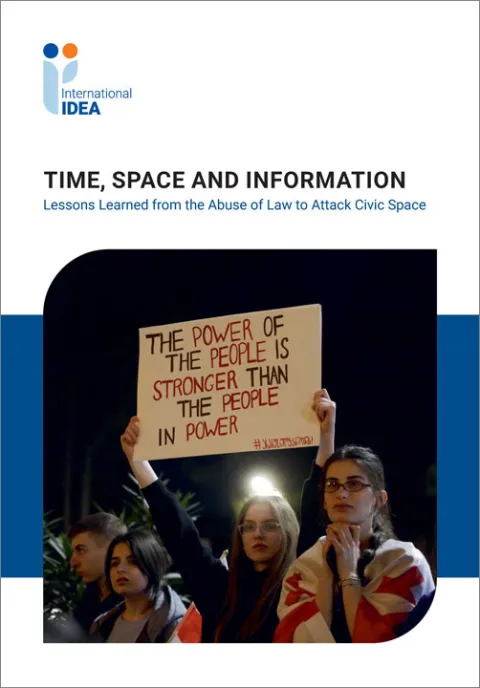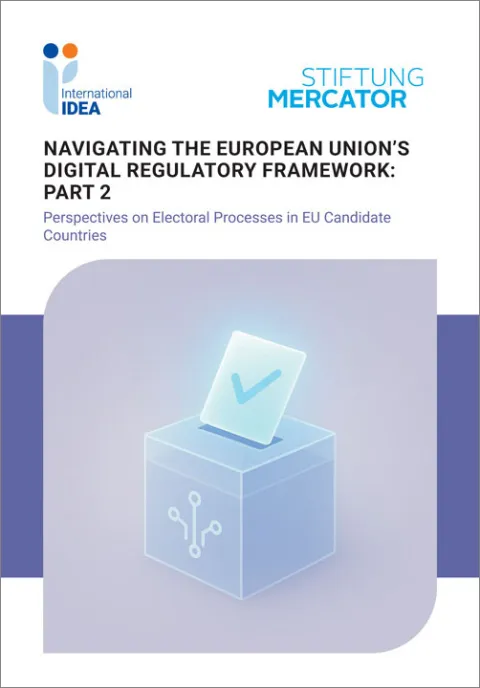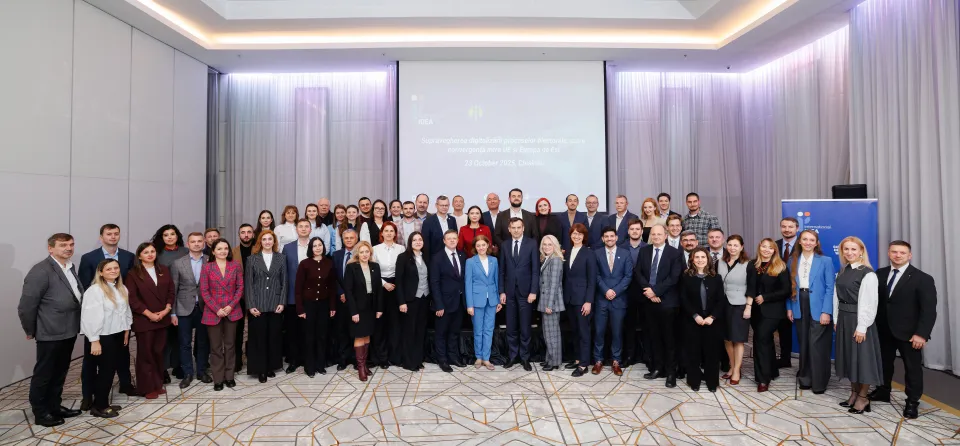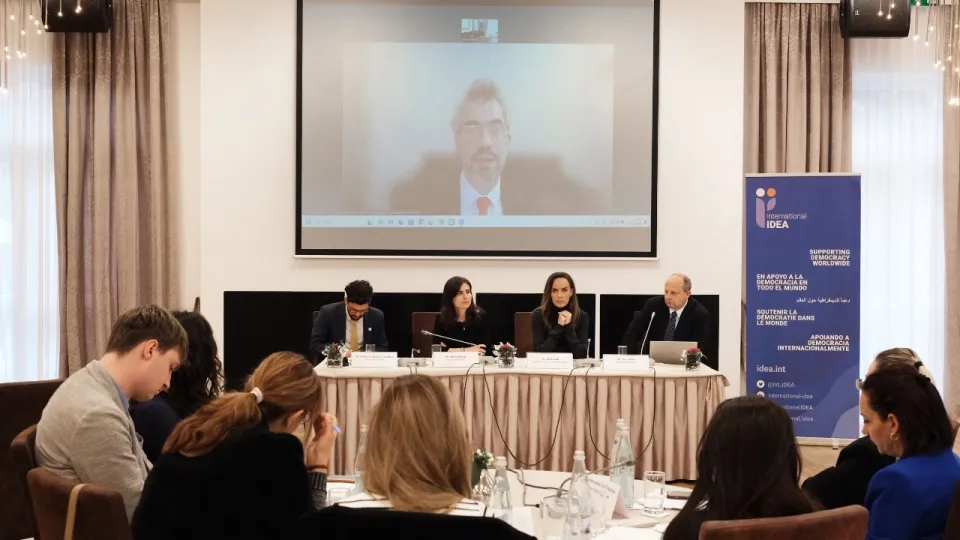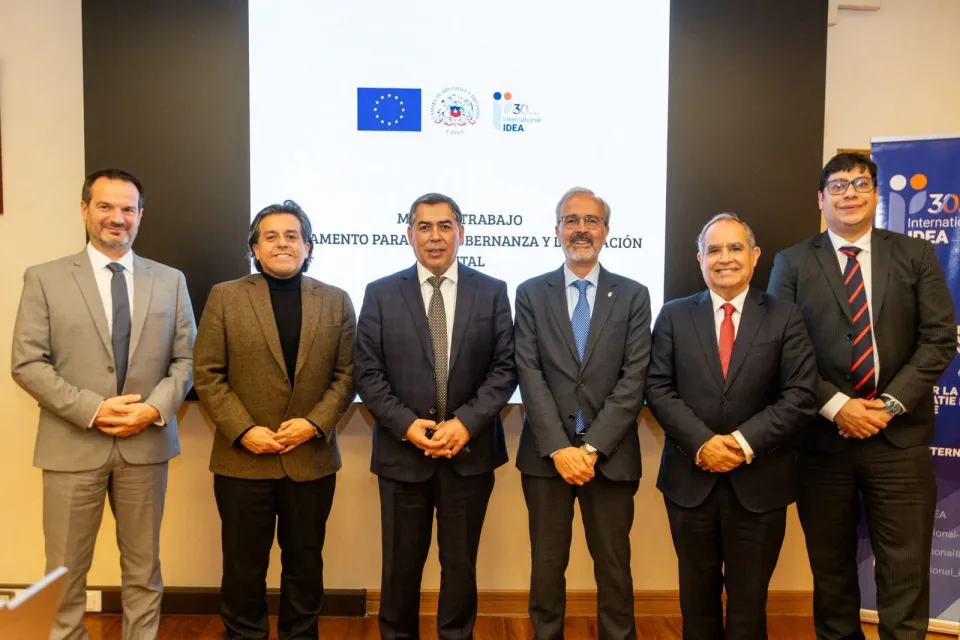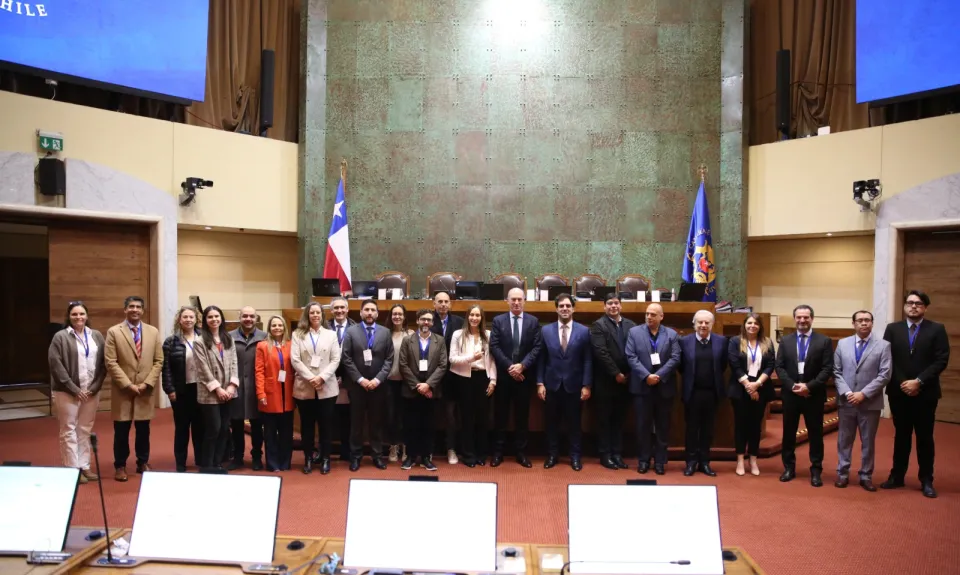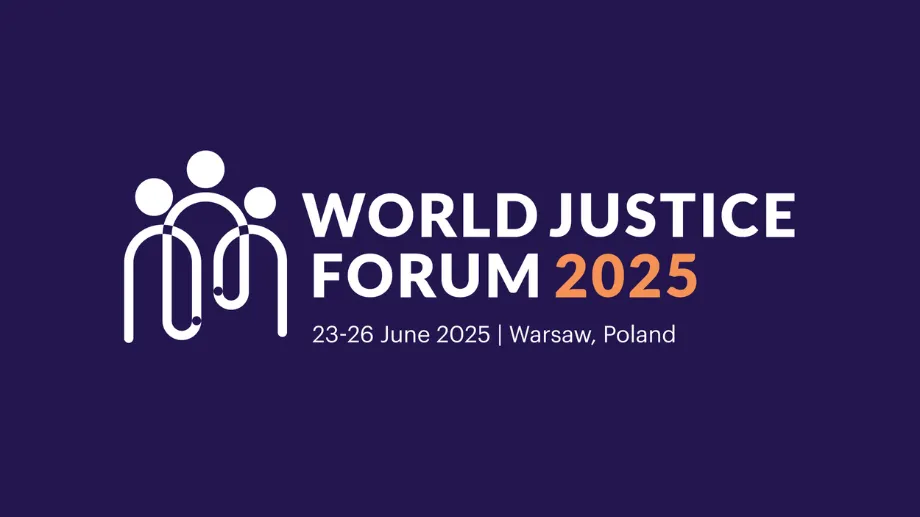Learn as We Go: The European Union’s Involvement in Constitution Building in the Post-conflict Western Balkans
Ethnic conflicts in Bosnia and Herzegovina, the Former Yugoslav Republic of Macedonia and Kosovo erupted one after another following the break-up of Yugoslavia.
The severity of the unfolding crises, the likelihood of spillover in the region and the immediate danger the conflicts presented for neighbouring European Union member states induced the EU to become extensively involved in state building and conflict management in three countries.
The EU extensively engaged in the post-conflict reconstruction of all three countries. The key to creating peaceful, democratic and multi-ethnic societies is helping build new constitutions that create inclusive institutional structures that are able to accommodate the grievances of the cleavage groups and eliminate incentives for renewed conflict.
Details
Contents
Acronyms
Introduction
Historical background
Sustainable peace at the borders? The EU’s involvement in constitution building in war-torn Bosnia, Kosovo and Macedonia
The EU’s learning curve in constitutional design in the Western Balkans
Constitution building in the post-conflict Western Balkans: lessons learned
Conclusion
References
Notes
Give us feedback
Do you have a question or feedback about this publication? Leave us your feedback, and we’ll get back to you
Send feedbackLearn as We Go: The European Union’s Involvement in Constitution Building in the Post-conflict Western Balkans

| Total views | 3491 |
|---|---|
| Downloads | 5 |
| Rating |
Give us feedback
Do you have a question or feedback about this publication? Leave us your feedback, and we’ll get back to you
Send feedback